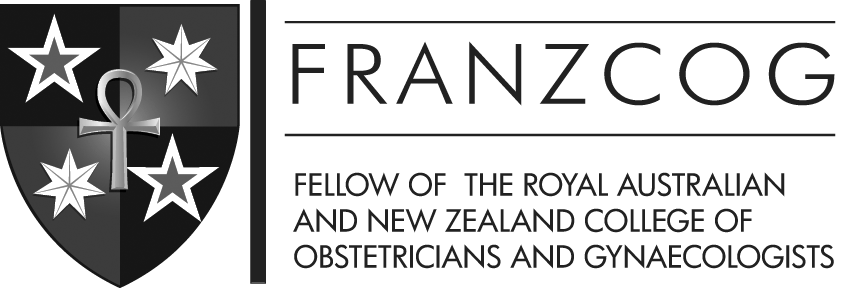Polycystic Ovarian Syndrome
What is Polycystic Ovarian Syndrome (PCOS)?
PCOS is a common endocrine disorder and a common cause of reduced fertility in women. It is commonly seen in women of childbearing age and is rare after menopause. The hormonal imbalance results in insulin resistance, and elevated levels of certain hormones and/or enlarged ovaries containing multiple small cysts (fluid-filled sacs) and/or ovulation dysfunction.
Causes
The exact cause of polycystic ovarian syndrome is unknown. Women with a family history are at a higher risk of developing this condition.
Symptoms
The symptoms of polycystic ovarian syndrome vary from person to person.
Some of the symptoms of PCOS include
- reduced fertility
- absent or irregular menstrual cycle,
- obesity or accumulation of fat usually around the waist,
- abnormal facial and body hair,
- adult acne, and
- male pattern baldness or hair thinning may develop due to excessive androgen secretion.
- black or dark brown patches may appear around the skin of the neck, arm, breasts or thighs.
Diagnosis
The diagnosis of polycystic ovarian syndrome is based on the medical history along with a physical and pelvic examination to evaluate the condition of the patient and help identify the underlying cause.
Test conducted could include:
- blood tests to determine the level of various hormones,
- glucose tolerance test,
- evaluation of blood cholesterol,
- pelvic ultrasound is performed to evaluate the appearance of the ovaries and the uterine lining.
Treatments Options
Treatment is based on the symptoms. Lifestyle modifications and weight loss will often improve symptoms. Weight loss can be difficult due to insulin resistance, Metformin and other anti-diabetic medications are also prescribed.
In women who do not want to conceive, PCOS symptoms is usually treated with Oral contraceptives. It restores regularity to menstrual cycles, reduces the levels of male hormone and excessive body hair growth. It also reduces the risk of uterine cancer.
In women who want to conceive, the treatment is directed towards inducing and/or regulating the ovulation by:
- Weight reduction of 5% of body weight in overweight patients may restore ovulation and menstrual rhythm.
- Medications like Clomiphene or Letrozole can induce or regulate ovulation, sometimes Metformin is also added
- Surgical treatment is rarely used for the management of PCOS.
If women do not respond to the above management, ovulation can be induced with injectable drugs such as Gonal F which is done through a fertility clinic.
Other associated conditions
- diabetes mellitus
- cardiovascular diseases
- miscarriage
- pregnancy associated diabetes and high blood pressure,
- this can lead to need for premature delivery
- a higher risk of uterine cancer, anxiety and depression.






